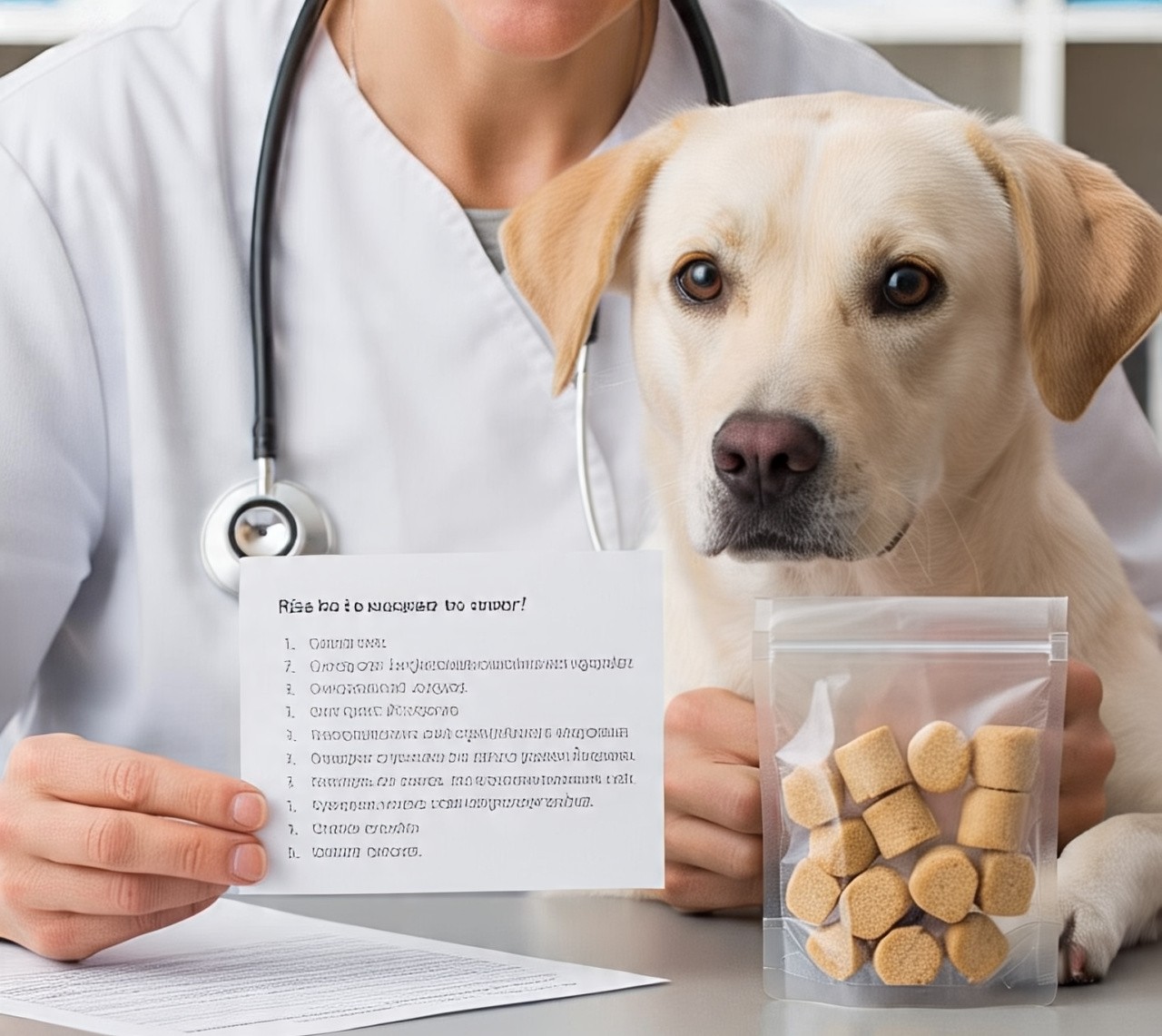Dogs, like humans, have a sweet tooth, but that doesn’t mean sugar is safe for them. While small amounts of fruits containing natural sugars may be harmless in moderation, excessive sugar intake poses serious health risks. This guide explores the dangers of feeding sugar to dogs, including sugar substitutes and candies, as well as the importance of consulting a veterinarian before introducing new foods into your dog’s diet.
Is Sugar Harmful to Dogs?
While dogs are not poisoned by sugar directly, excessive sugar consumption can lead to a number of health issues. The dangers of feeding sugar to dogs include:
- Obesity: Dogs are susceptible to weight gain when they consume too much sugar, which can lead to obesity and other related health issues.
- Diabetes: Just like in humans, a diet high in sugar can result in the development of diabetes in dogs.
- Pancreatitis: Excessive sugar, particularly from high-fat foods or treats, can cause inflammation in the pancreas, leading to pancreatitis, a painful and potentially life-threatening condition.
Safe Sugar for Dogs
While sugary treats should be avoided, small amounts of natural sugars from fruits can be safe. However, these should be fed in moderation, and sugary foods should never make up more than 10% of a dog’s total diet. Also, avoid processed sugars, like brown sugar, which offer no nutritional benefit and can harm your dog’s health if consumed regularly.
Can Other Sugars and Sugar Substitutes Be Fed to Dogs?
Some sugars and sugar substitutes are toxic to dogs, and others are simply not beneficial. Here’s what to keep in mind:
- Brown Sugar: This high-calorie ingredient offers no nutritional value and can contribute to pancreatitis when consumed frequently. It should be completely avoided in your dog’s diet.
- Xylitol: Found in “sugar-free” products, xylitol is a sweetener that is extremely toxic to dogs. Even small amounts can cause a rapid drop in blood sugar, liver damage, and potentially death. Always read labels carefully to ensure your dog doesn’t consume xylitol.
- Corn Syrup: Though not toxic, corn syrup is very high in sugar and can lead to obesity and diabetes if consumed regularly. Small amounts are unlikely to harm your dog, but large quantities can lead to digestive issues and long-term health concerns.
Can Dogs Consume Lollipops and Candy?
Lollipops, candy, and other sugary sweets pose serious risks to dogs, especially because many of them contain xylitol or chocolate, both of which are toxic. Here’s why you should keep these sweets away from your dog:
- Xylitol: Even small amounts can cause severe blood sugar drops and liver failure in dogs.
- Chocolate: Contains caffeine and theobromine, which can lead to vomiting, seizures, and even death, depending on the type of chocolate and the dog’s size.
While it may be tempting to share a treat with your dog, it’s crucial to avoid giving them candy, lollipops, or anything containing these harmful ingredients.
Is Corn Syrup Safe for Dogs?
Corn syrup is not toxic to dogs, but it is extremely high in sugar and calories, which can cause long-term health issues like obesity and diabetes. While a dog might occasionally lick a small amount, regular consumption can be harmful. Dogs’ nutritional needs are better met through a balanced, protein- and fat-rich diet, rather than sugars.
Health Risks of Corn Syrup:
- Obesity: Due to the high sugar content.
- Pancreatitis: If consumed in large quantities or regularly.
It’s best to avoid giving your dog any food containing corn syrup.
What About Dog and Puppy Sugar Water?
Some people use sugar water to treat dogs with hypoglycemia (low blood sugar), but veterinarians do not recommend this practice. Instead, they suggest feeding your dog a balanced meal that includes protein to stabilize their blood sugar levels.
Giving dogs sugar water regularly can lead to:
- Pancreatitis: Caused by high sugar intake.
- Digestive Issues: Such as vomiting or diarrhea.
For puppies or dogs with low blood sugar, it’s important to consult your vet for proper treatment options.
How Much Sugar is Safe for Dogs?
Dogs have far fewer taste buds than humans, and while they may enjoy sweet flavors, it’s important to limit the amount of sugar they consume. Here are some guidelines:
- Natural Sugars: Small amounts of fruits like apples or blueberries are safe for dogs in moderation. They can satisfy a dog’s craving for sweetness without the risks associated with processed sugars.
- Total Sugar Intake: Treats should make up no more than 10% of your dog’s total daily food intake. The remaining 90% should come from high-quality dog food that provides all the necessary nutrients.
- Monitor for Digestive Issues: If your dog consumes too much sugar, watch for symptoms like bloating, vomiting, or diarrhea. If these symptoms persist, consult your veterinarian.
Conclusion
While small amounts of natural sugars from safe fruits may be acceptable in moderation, excessive sugar intake can lead to serious health issues like obesity, diabetes, and pancreatitis in dogs. Always be cautious with treats, especially those containing processed sugars, xylitol, or chocolate. When in doubt, consult your veterinarian before introducing any new foods or treats to your dog’s diet to ensure their safety and well-being.
